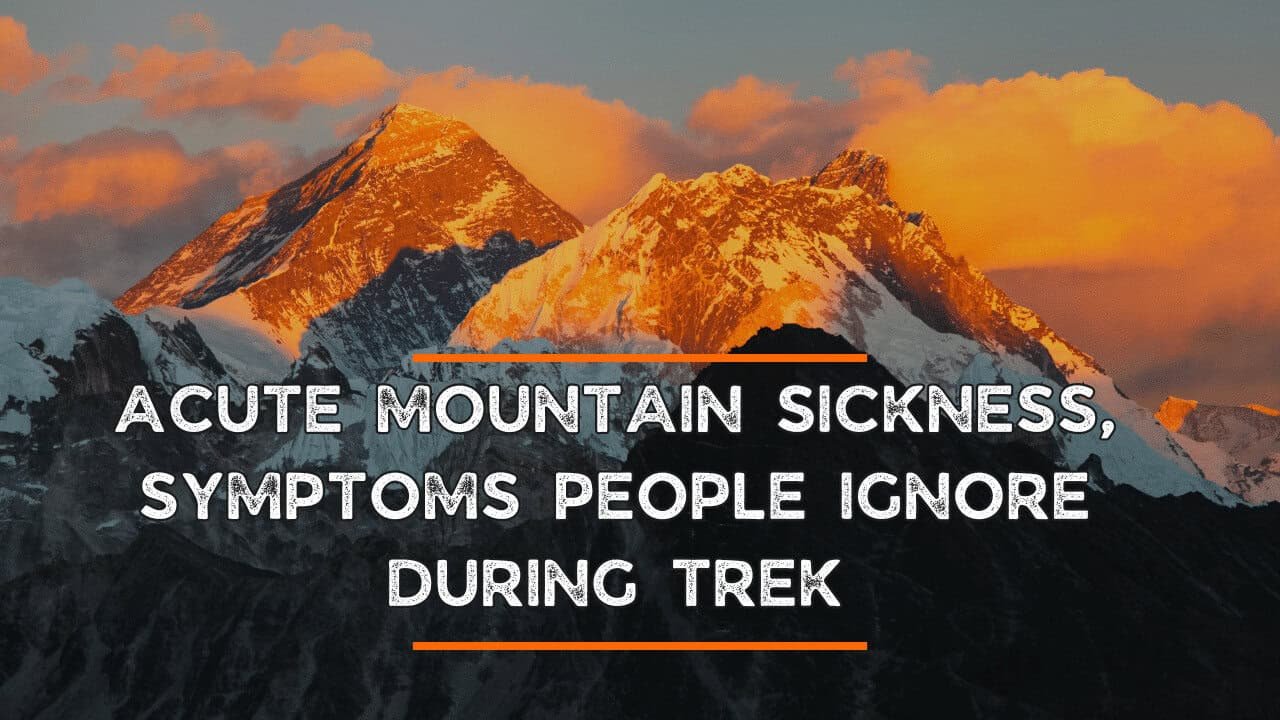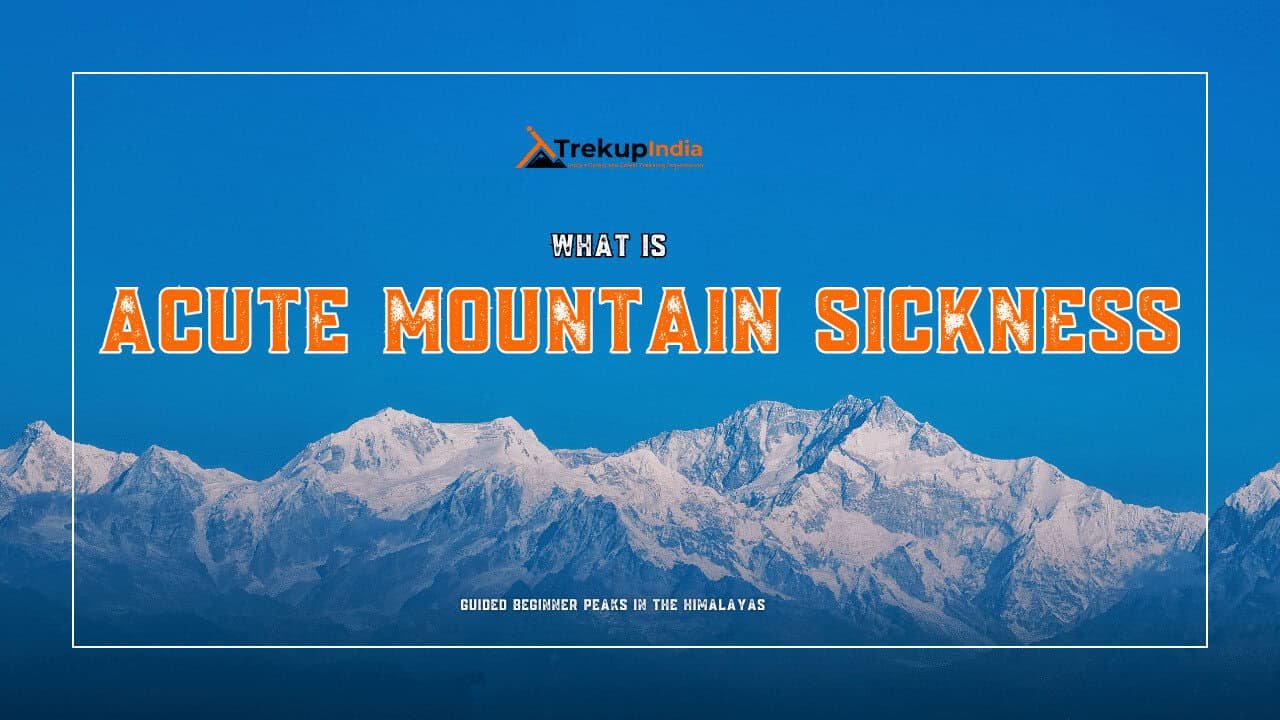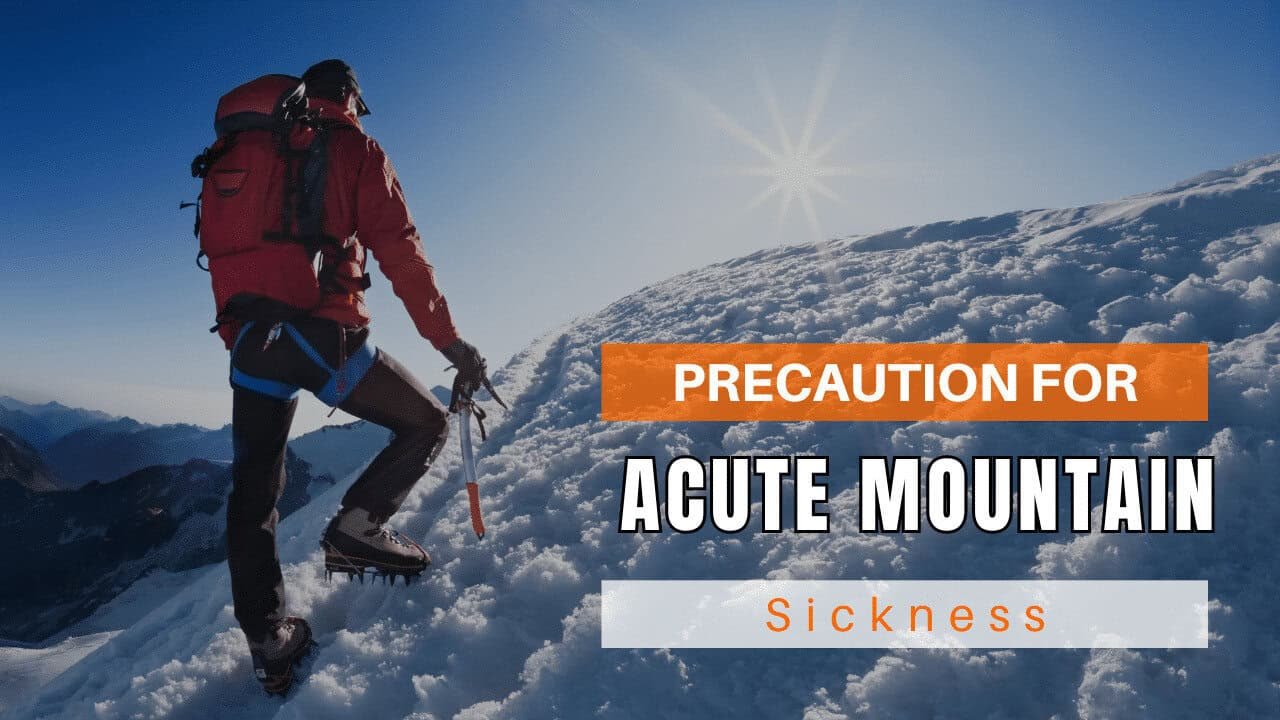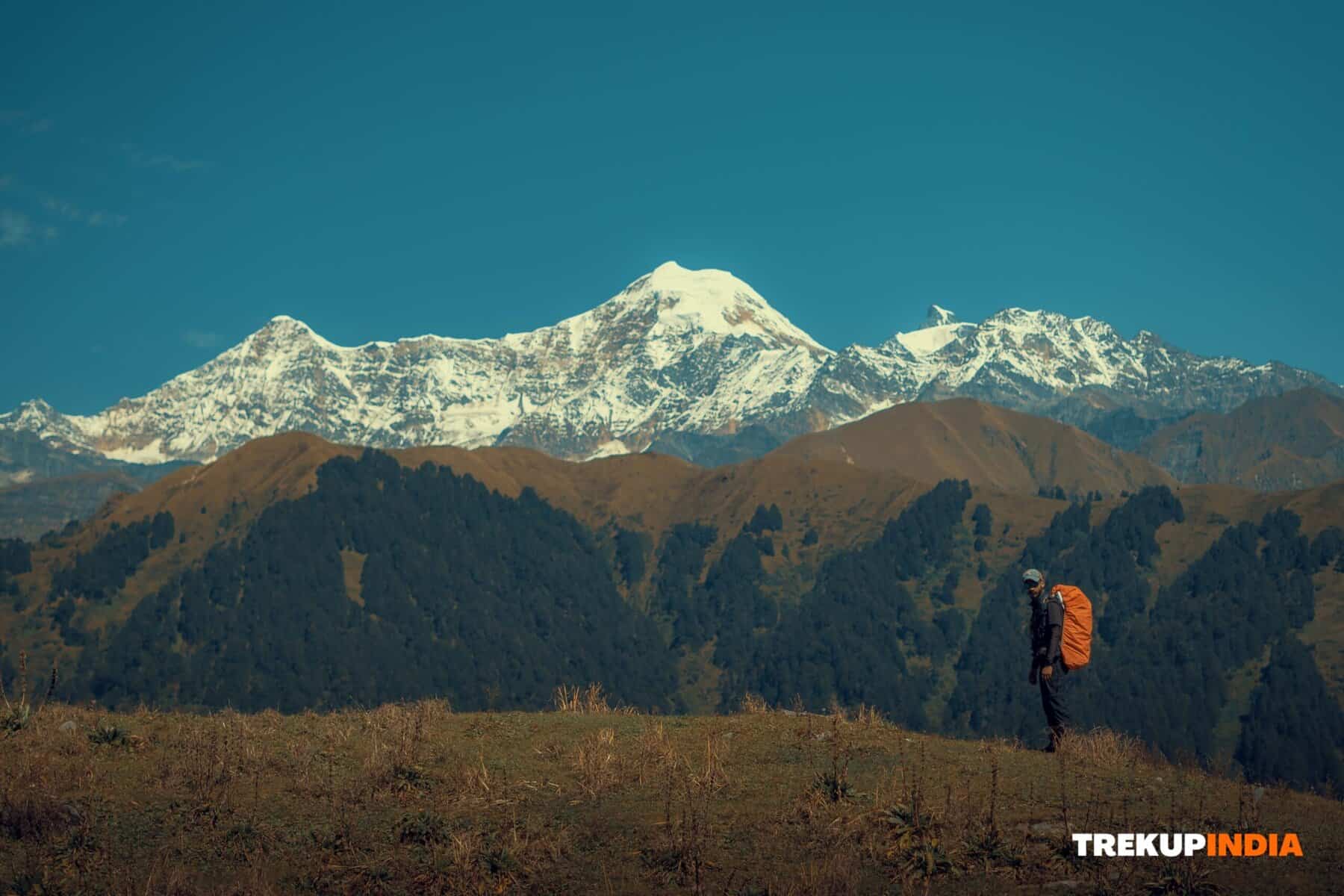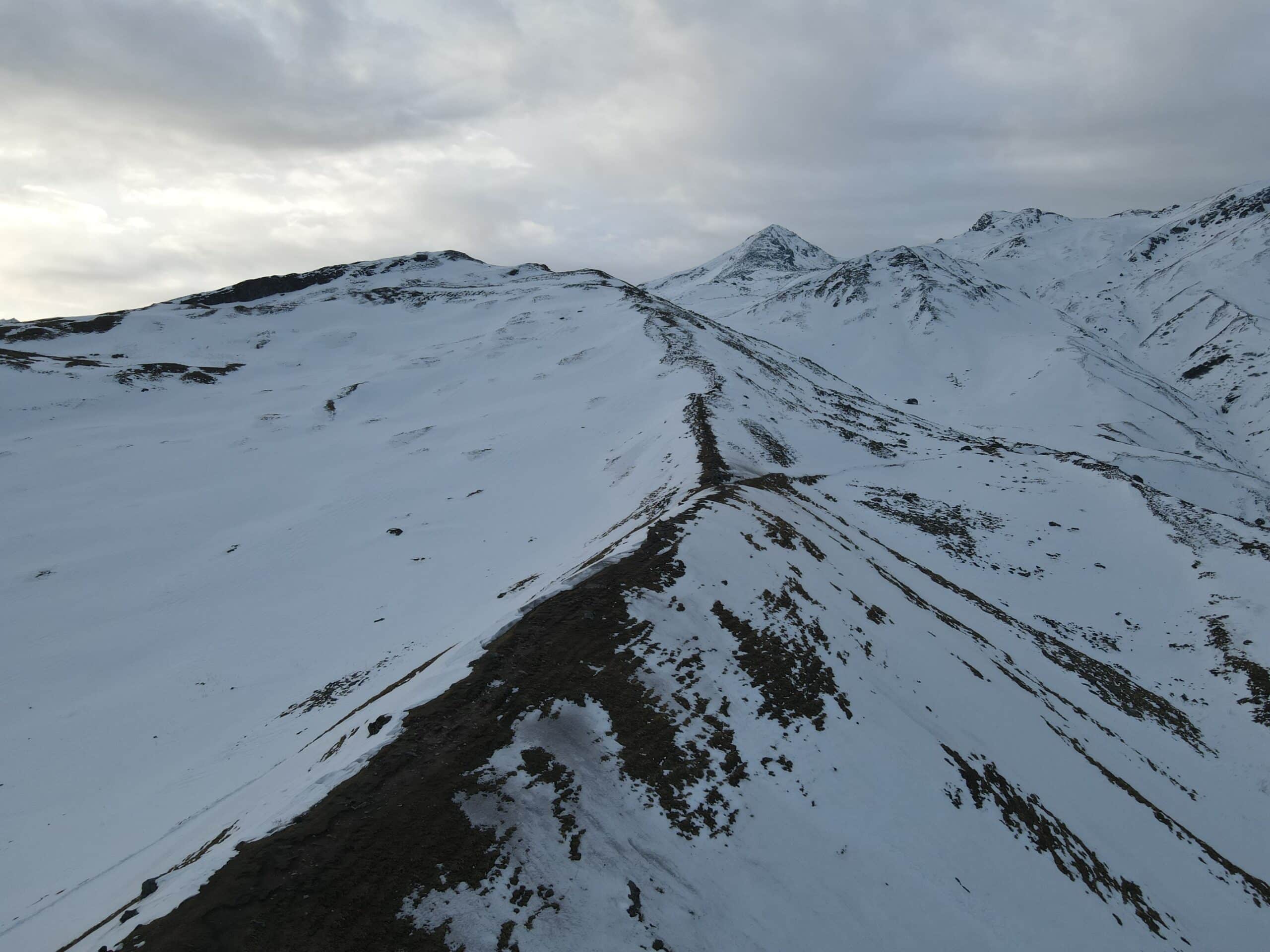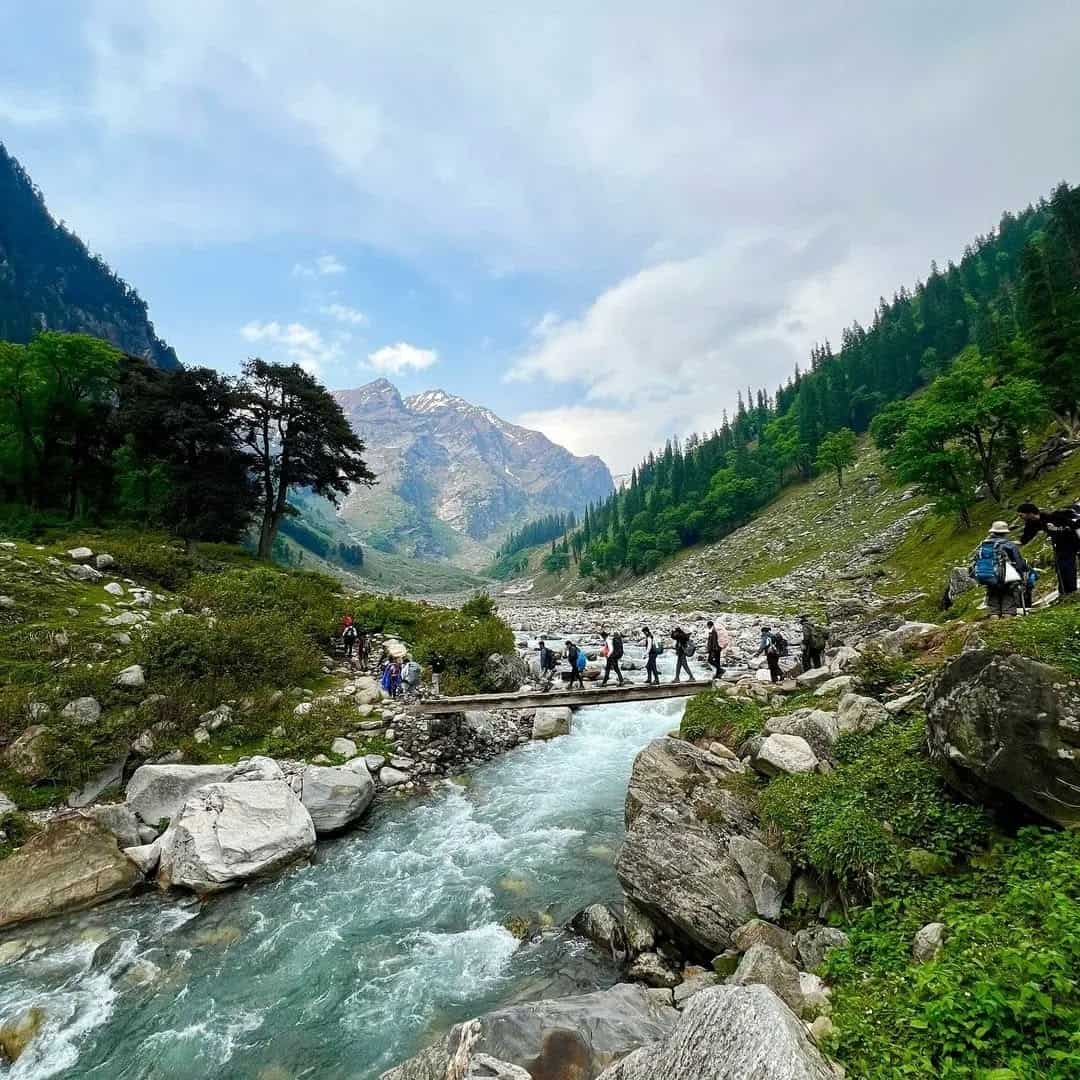Pre-Trek Planning Essentials: Insurance, Emergency Contacts & Itinerary Sharing
Trekking in the Indian Himalayas can be an unforgettable adventure that lasts a lifetime, yet like any adventure, it may also prove unpredictable. We at TrekUp India recognize this and believe preplanning for trekking is of equal importance as planning on the trek itself. Fitness, gear, and food preparation often dominate this stage. Still, administrative tasks before trekking, such as updating insurance policy details and emergency contact information, as well as sharing the itinerary, can ensure a safe and successful trekking adventure.
An organized approach will make all the difference when responding quickly to unexpected incidents like accidents or natural hazards, or extreme weather conditions.
Why PreTrek Administration Should Never Be Forgone
Trekkers often focus on the excitement and anticipation of their trip when planning a trek; from packing shoes, charging headlamps, and studying route maps, to organizing logistics. But forgetting essential paperwork and communications could leave them vulnerable if things go awry during a pre trek administration helps ensure:
Rapid emergency response gives you and your loved ones peace of mind.
Collaboration was achieved between rescue teams and local authorities.
1. Travel Insurance: Don't Head Out Without it
Why You Need It:
Trekking can carry with it many risks, including altitude sickness, accidents, delays, or evacuations. Carefully planned insurance policies can cover medical costs associated with trekking injuries as well as emergency evacuations (especially helicopter rescue in high altitude areas), helicopter rescue costs if necessary, or the loss of gear at times.
What to Look For:
- These trekking packages should cover your highest altitude (e.g., 4,500m or above).
- Emergency evacuation and rescue helicopters in remote Himalayan regions.
- Valid only in India for adventure sports activities.
- Emergency support available 24/7 worldwide.
- TrekUp India strongly suggests that trekkers secure current insurance and provide an official copy of their policy before departing on any treks.
2. Emergency Contacts: Update and Inform
Your trek conductor must receive uptodate emergency contact numbers so they can help the teams quickly communicate with family members if there is a mishap or delay on your trek.TrekUp India follows an established protocol.
consisting of: Emergency contact info should be collected during predeparture registration.
Accessible for both our trek leader and base operation team, it provides convenient accommodations.
Make contact with families when required, using discretion and urgency.
Note: Notify your emergency contact of your planned route and dates, along with how frequently (or whether) they’ll hear from your traveler, since some treks don’t have access to communication networks.
3. Communicate Your Itinerary.
Before setting off on any journey alone or with others, be sure to share the itinerary with a trustworthy family member or friend.
Include: Dates of Start and End for Each Service Request.
Entrance and Exit Points, Stopovers, and Rest Days
Contact Details and Name of Trek Company (such as TrekUp India )
TrekUp India can provide crucial data in case search and rescue operations become necessary in future treks, with our guides being available as support contacts to trekkers’ families upon request.
Other Key Admin Essentials Before Your Trek
- Photographic Copies of ID and Permits
- Take three copies of any identification documents, such as an Aadhaar Card,
Passport, or Driver’s License that you own make one copy available to family or
close friends as a backup copy in case something occurs that requires police involvement during your trek.
- Be sure to inform your trek leader of any prior conditions or medications you are currently taking.
Consent Forms: Before undertaking your trek, ensure you complete all waiver and acknowledgment forms to remain aware of risks and procedures.
TrekUp India Offers Administrative Protocols for Trekkers
At TrekUp India, our support staff ensures every trekker passes through all necessary administrative steps before setting out on their adventure.
- Participants in our workshops are all covered by an insurance policy and medically cleared before participating.
- Emergency contacts must be compiled and confirmed.
- Local permits and government registrations should always be secured.
- Families will be informed as soon as there are delays or redirections in service delivery.
At Trek with Care, we take great pride in offering tours that focus on safety and transparency from start to finish and this starts even before putting on your shoes!
Conclusion
At TrekUp India, we understand that trekking begins well before setting out onto any trek; thus, we ensure the highest level of safety and security as you venture into Himalayan adventure. At TrekUp India, we emphasize this point being insured, keeping emergency contacts uptodate, and sharing routes are not just formalities but rather can save your life when unexpected situations arise.
Preparing these key aspects before embarking on your trek will not only protect you but also enable family and trekking group members to assist effectively as well. When packing for your adventure, don’t just pack gear; be sure also to include all necessary plans.
Share this article
Want To Trek Like Pro?
Check out the following videos if you want to trek like a pro trekker and improve your skills. These videos contain helpful tips, tricks, and techniques to help you trek like a pro. Whether you’re a beginner or an experienced trekker, these videos can provide valuable insights to enhance your trekking experience. So, watch the videos below by Trekup India experts to take your trekking skills to the next level.
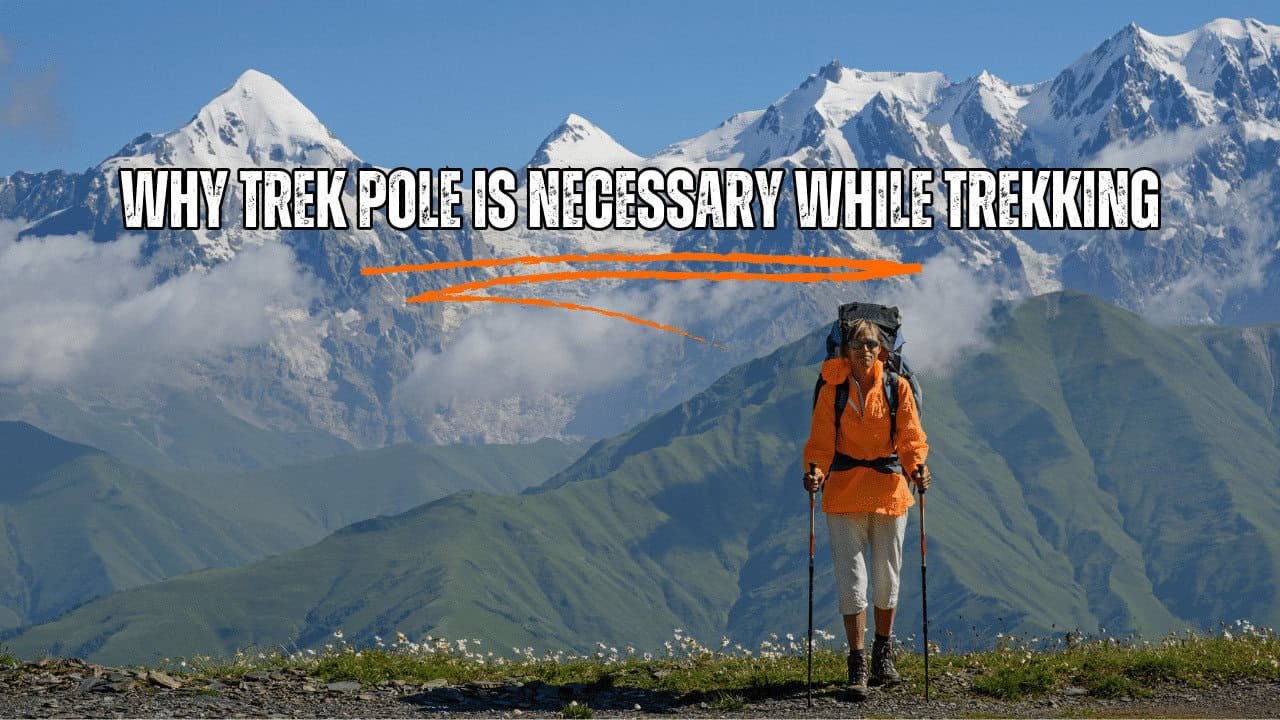
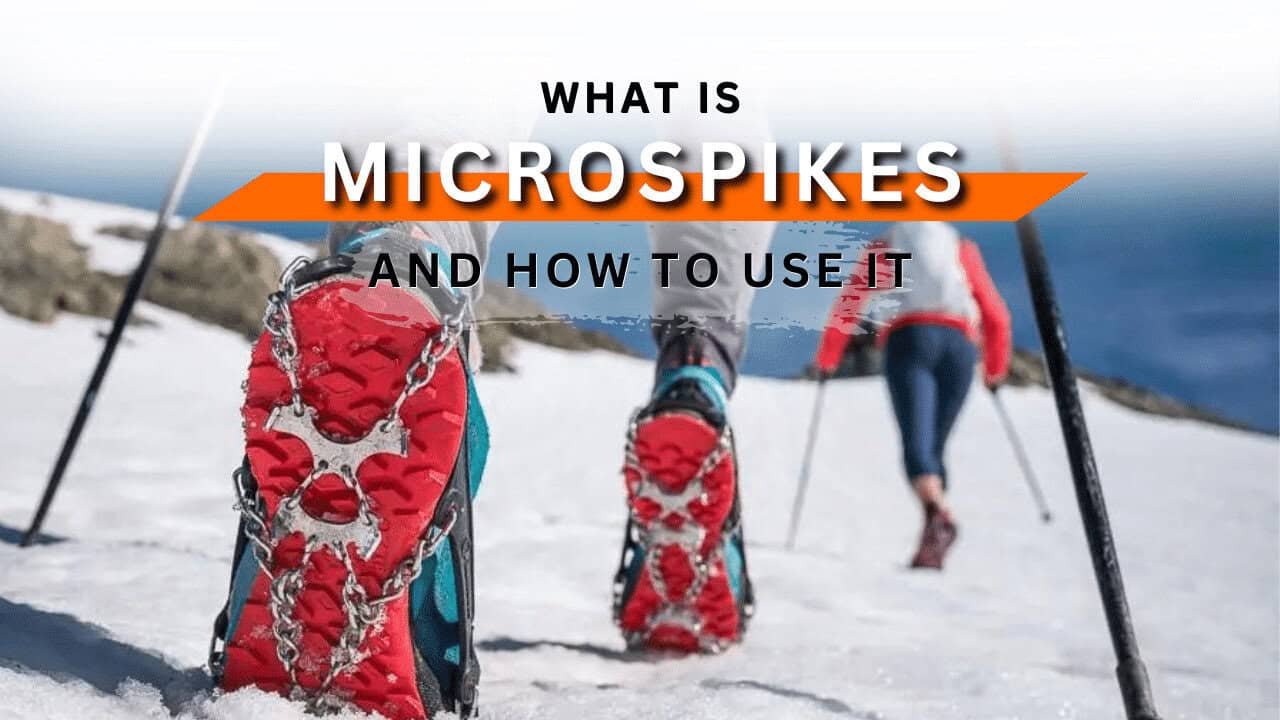
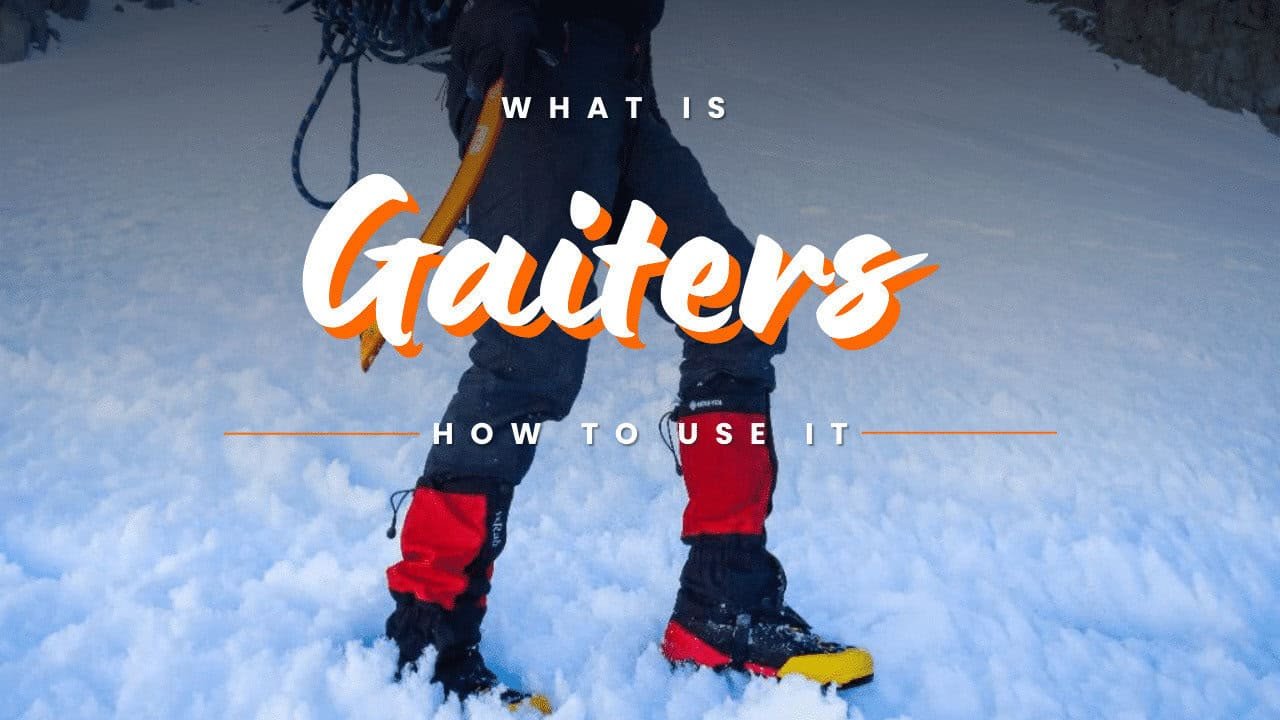
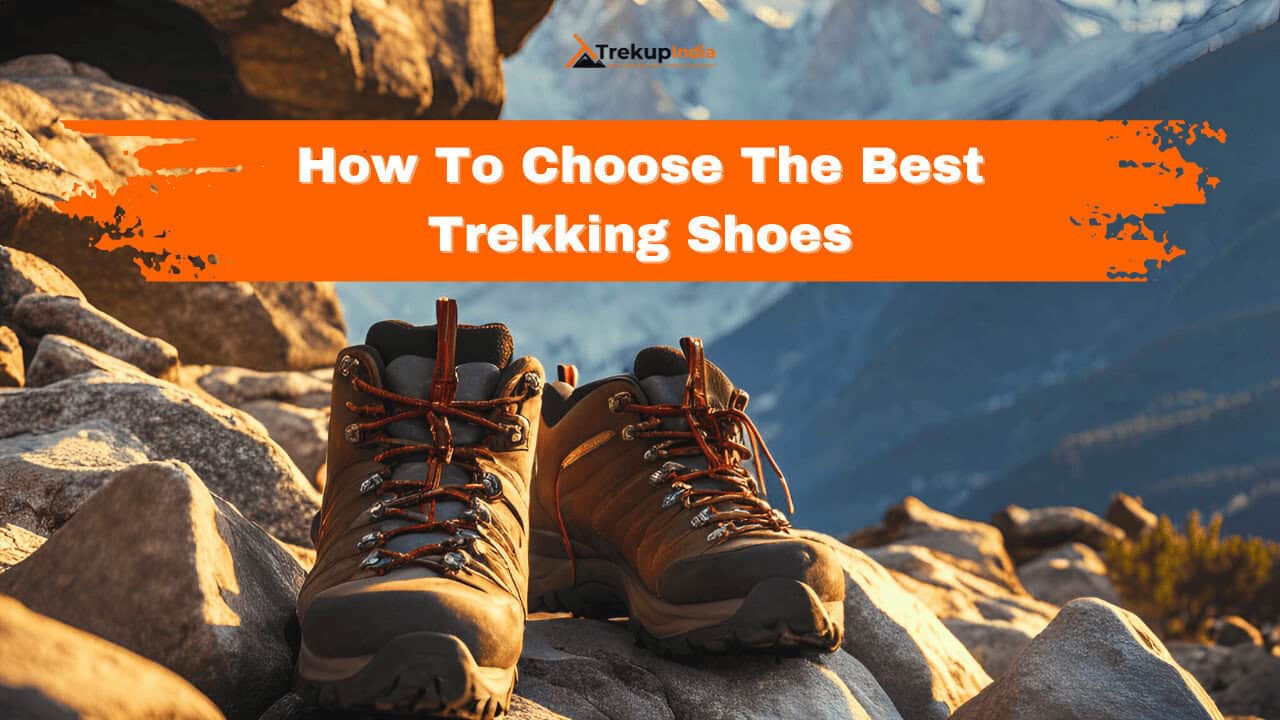

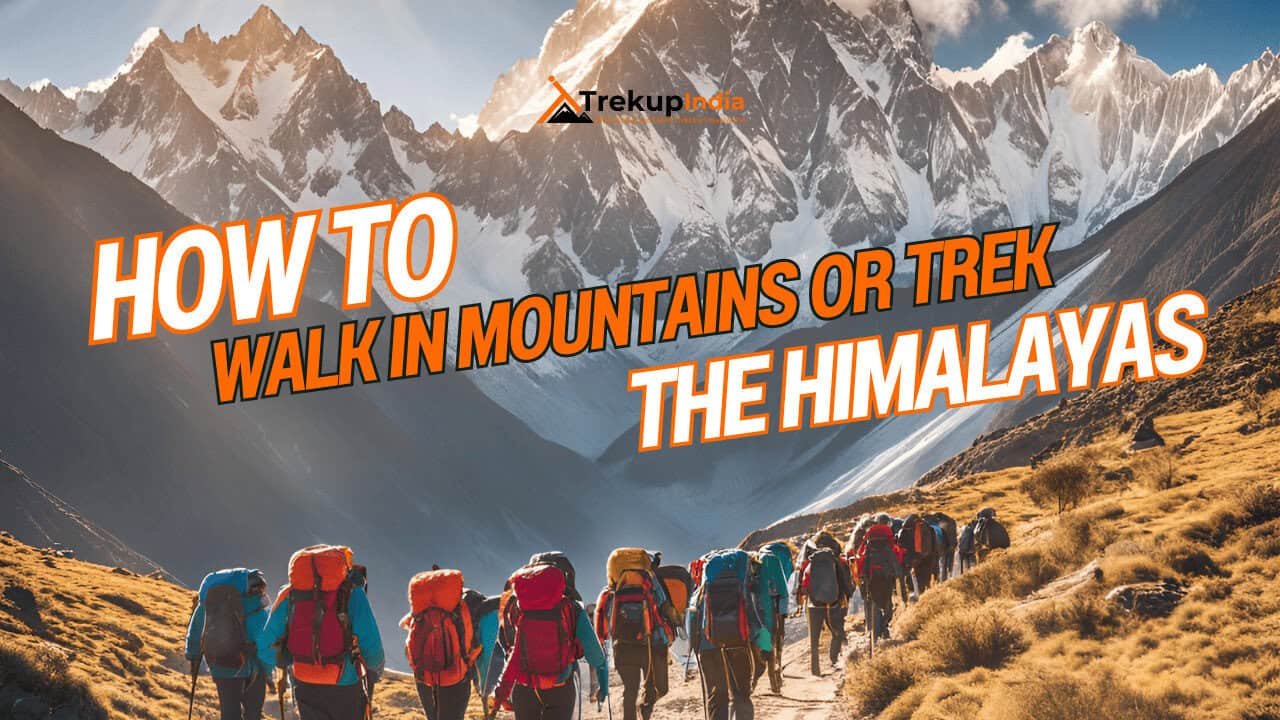

Know Everything About Acute Mountain Sickness
Acute Mountain Sickness is a medical condition that can occur when individuals travel to high altitudes, typically above 8,000 feet. It is caused by the decrease in air pressure and oxygen levels in the air as altitude increases. Symptoms of Acute Mountain Sickness may include headache, nausea, vomiting, dizziness, and difficulty sleeping. To avoid Acute Mountain Sickness, it is important to gradually adjust to high altitudes and seek medical attention if symptoms worsen. To learn more about this condition, check out the videos by Trekup India.
